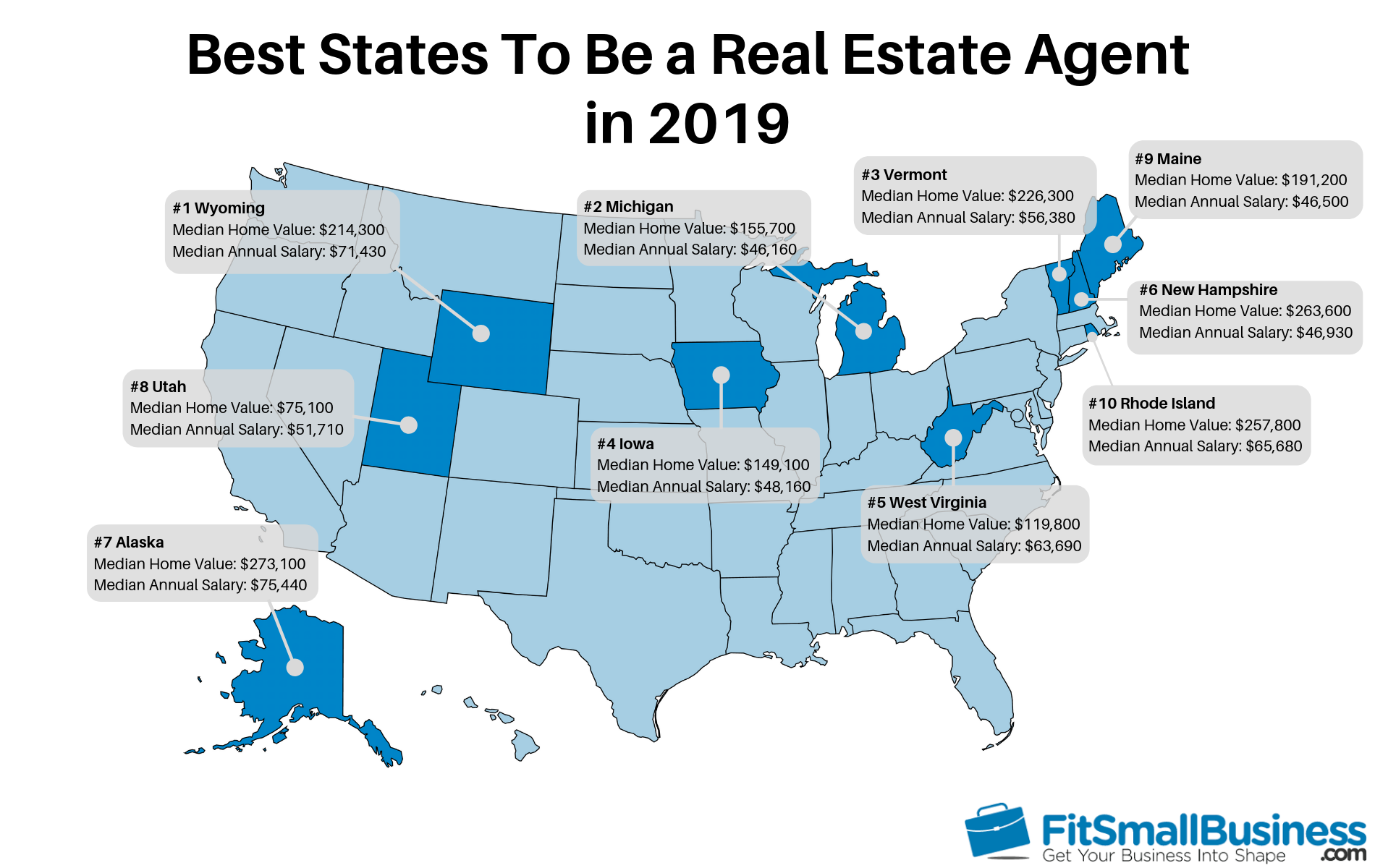DOJ consequently submitted a changed grievance to take the modifications into account. See Amended Grievance, United States v. Nat'l Ass 'n of Realtors (Oct. 4, 2005), readily available at http://www. usdoj.gov/ atr/cases/f211700/ 211751. htm. 320. See United States v. Nat'l Ass 'n of Realtors, 2006 WL 34344263 at * 14 (N.D. Ill. Nov. 27, 2006), available at http://www.
htm. 321. See supra Chapter I.B. See also 1983 FTC PERSONNEL REPORT, supra note 9, at 87-88. 322. See Yang & Yavas, supra note 154, at 23 (1995) (reporting that just 12 percent of listings in the State College, PA MLS in 1991 were sold by the reputable timeshare resale companies listing broker); 1983 FTC STAFF REPORT, supra note 9, at 37 ("approximately 66 percent [of sales] involve more than one broker").
Kunz, Tr. at 79. 324. Fialkowski, Public Comment 113, at 1. 325. See, e. g., Thomas J. Miceli, The Multiple Listing Service, Commission Splits, and Broker Effort, 19 JOURNAL OF THE AMERICAN REAL ESTATE AND URBAN ECONOMICS ASSOCIATION 548, 564 (1991) ("The MLS is for that reason a mixed true blessing for customers of brokerage services.
326. Crockett, supra note 51, at 218. 327. Agents likewise may have incentives to guide purchasers towards their listings or homes listed by other agents who are associated with the exact same brokerage firm. 328. See GAO REPORT, supra note 3, at 7-8. 329. The prospective unfavorable impacts of steering are not likely to be as pronounced when brokers discount to home buyers through rebates because listing agents do not have the exact same rewards or capability to steer that cooperating agents have - how to get a real estate license in ohio.
330. 1983 FTC STAFF REPORT, supra note 9, at 1. As part of its investigation, the FTC performed a survey of 154 "alternative" brokers in 1979. Id. at 150 n. 430. The FTC defined alternative brokers as "those who charge and promote a commission rate or charge that is at least 2 percent lower than the charge prevailing in their geographical area, or who provide and promote services that vary substantially from those normally offered in their geographic location." Id.
Alternative brokers offering MLS gain access to tended to be "full-service brokers, providing to consumers the exact same bundle of services as the traditional brokers." Id. at 154. In other words, the alternative brokers surveyed by the FTC were full-service brokers that undercut their competitors' rates. Of the alternative brokers supplying MLS access, 84% reported that they either regularly or occasionally experienced "refusals by other brokers to reveal homes noted by [their] business," with 49% reporting this as a regular problem.
8 Easy Facts About What Is Cam In Real Estate Shown
at 157. Similar percentages of brokers reported risks or disparagements of their business to customers and potential customers. Id. The FTC also reports that these same option brokers succeeded in selling only 62% of their listings compared to 88% for all brokers, and that only 29% of their sales were cooperative sales compared to 66% for all brokers.
at 154. 331. Farmer, Tr. at 74. 332. Durham, Public Comment 15, at 1. See likewise generally Hepp, Public Remark 117, what's a timeshare at 1-3 (declaring various methods which MLSs throughout the nation have actually discriminated versus nontraditional genuine estate firms); 1983 FTC PERSONNEL REPORT, supra note 9, at 75 ("Our Consumer and Alternative Broker Surveys recommend the possibility that steering practices might be widely prevalent."). As independent businesspeople, brokers typically offer real estate owned by others. In addition to helping customers purchase and offer homes, they might assist rent or manage homes for a charge. Lots of operate a realty office, handling service details and overseeing the work of sales agents. need to work with a broker.

Genuine estate brokers hold about 100,700 tasks. The biggest employers of genuine estate brokers are as follows: Self-employed employees 56% Property and leasing and leasing 39% Real estate sales representatives hold about 376,500 tasks. The largest companies of property sales representatives are as follows: Self-employed employees 56% Genuine estate and rental and leasing 35% Building and construction 3% Workplace size genuine estate brokers and sales agents can range from a one-person business to a large firm with various branch workplaces.
Under this plan, the broker pays a fee to be connected with a commonly recognized realty organization. Some genuine estate brokers and sales agents work in a typical office environment, while others work out of their houses. In both cases, realty workers spend much of their time away from their desks, showing residential or commercial properties to consumers, traveling to see homes for sale, and meeting with prospective customers.
They typically work nights and weekends to accommodate clients' schedules. Lots of brokers and sales agents spend a significant quantity of time networking and going to neighborhood events to satisfy potential clients. Although they often work irregular hours, lots of can set their own schedules. Some brokers and sales representatives work part time and might integrate their property activities with other professions.
Genuine estate brokers and sales agents should finish some genuine estate courses to be qualified for licensure. Although most brokers and representatives need to take state-accredited prelicensing courses to become licensed, some states might waive this requirement if the prospect has taken college courses in real estate. As the realty market ends up being more competitive and intricate, some companies are preferring to work with prospects with a college degree - how to get a real estate license in ca.

How To Become Real Estate Agent Can Be Fun For Everyone
Some provide associate's and bachelor's degree programs in realty, and numerous others offer certificate programs. Courses in finance, business administration, economics, and law also can be beneficial. Brokers intending to open their own company frequently take business courses, such as marketing and accounting. In addition to offering prelicensing courses, numerous real estate associations have courses and expert advancement programs for both novices and knowledgeable representatives.
All property brokers and sales agents should be certified. Licensing requirements vary by state, however most have similar fundamental requirements: Candidates should: be 18 years of ages finish a variety of property courses pass a test Some states have extra requirements, such as passing a background check. Licenses generally are not transferable among states.